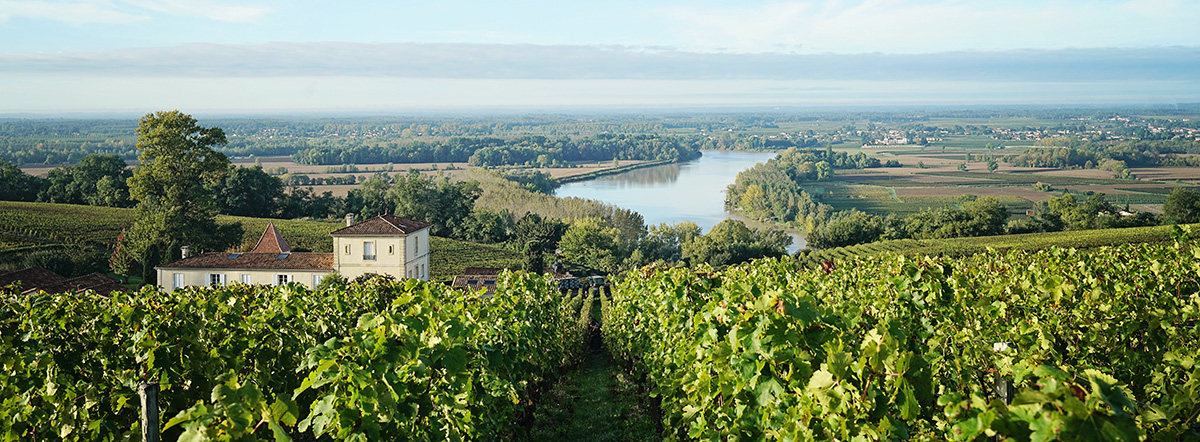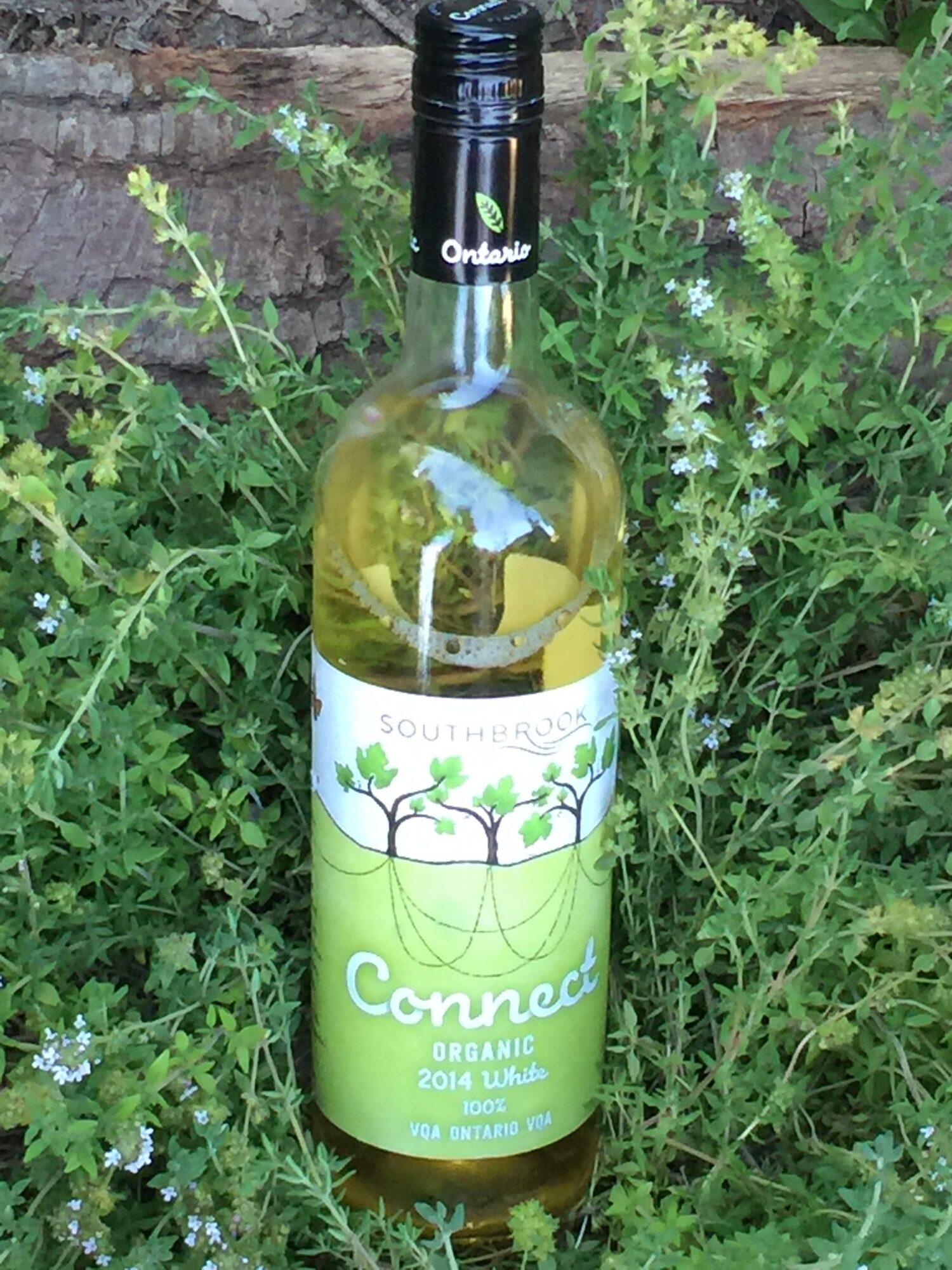Increasing numbers of vineyards in Bordeaux are switching to organic methods of production, after lagging behind other French winemaking regions.
According to Patrick Vasseur, vice president of the Gironde Chamber of Agriculture, there are up to date figures available, but anecdotal evidence indicates that around 300 vineyards a year are converting to organic.
“It’s quite simple, everyone is switching over” winegrower Philippe Carrille told Vitisphere. His 23-hectare Château Poupille in Castillon Côte de Bordeaux has been certified since 2008. This surge of new converts, “can only be cause for rejoicing”, added Gwénaëlle le Guillou, director of the New Aquitaine organic wine producers’ organisation (SVBNA). She pointed out that until recently, Bordeaux had trailed well behind other regions, with only 11% of vineyards committed to organic, compared to a national average of 14%.
“There are currently significant price differences between organic and conventional, but this will not last,” said Phillipe Cazaux, director of the co-operative group Bordeaux Families. “Well-deserved added value will remain, though, due to the technical commitments and the risk incurred by the supply side. This year the group has 105 hectares certified organic and 551 hectares in the conversion phase. “Initially, small areas entered the process, but then gradually the larger areas followed suit”, said Cazaux, who plans to convert a fifth of acreage to organic within five years, with a longer-term goal of 1,000 hectares by 2027.
Éric Hénaux, director of the Tutiac co-operative group, is adopting a more cautious approach and waiting for the current 620 hectares to be converted by 2022 before making any further plans. “We will see how the market stabilizes,” he said. “A lot of organic wines came on-stream, and prices fell. We have to be careful not to produce more volumes than we have the capacity to sell. The objective is not to sell on the spot market, but to focus on bottles and three-year contracts”.
#Bordeaux #Bordeauxvineyards #organicwine #vineyards #frenchwine
#wine #redwine #whitewine #bordeauxwinelovers #winelovers #instawine





